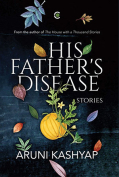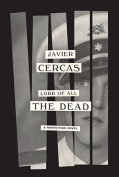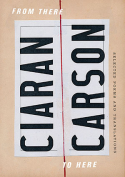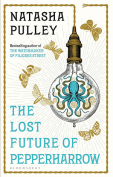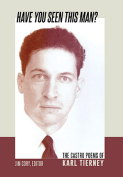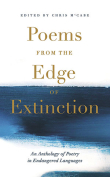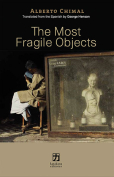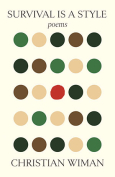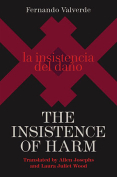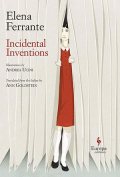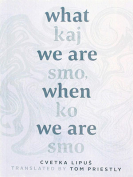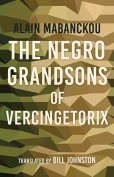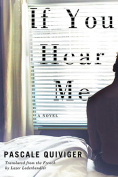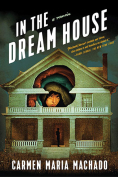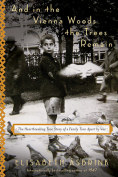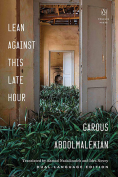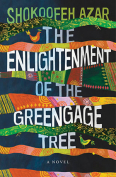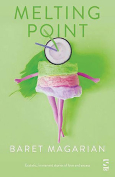If You Hear Me by Pascale Quiviger
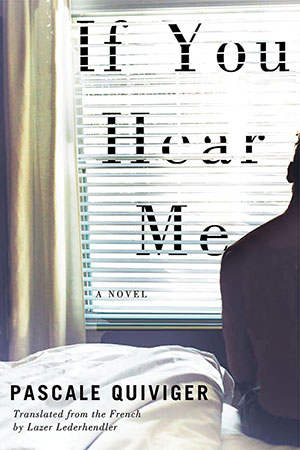 Windsor, Ontario. Biblioasis. 2020. 342 pages.
Windsor, Ontario. Biblioasis. 2020. 342 pages.
One of Pascale Quiviger’s narrators calls “love” a “hole punched in reality”; though from an earlier novel, it aptly describes the situation in If You Hear Me. David falls from the scaffolding on a Montreal construction site and enters a comatose state. His wife, young son, and parents “gather around an emptiness, a family shaped like a donut.”
Quiviger captures the hospital perfectly: “its incomprehensible blend of cordiality and coldness, humanity and protocol.” The space between extremes is meaningful. Caroline’s memories of her husband are simultaneously “too far away, too close”: “Touch him, don’t touch him.” David is “inexplicable, a husband neither dead nor alive.” But he is also “both mysterious and unchanging.” Borders between similar states are also explored: dormancy and recovery; living and surviving; “necessary support” and “unreasonable obstinacy.”
The narrative accommodates its characters’ changing responses to David’s new reality. Chapter headings are units of time; minutes and hours are initially important, but the nomenclature adjusts to reflect developments. For some, “hours dissolve”; for others, it’s an “endless dawn.” Irony proliferates: David worked in construction but now seems to disintegrate, and preferred foods are identified by the floor’s vending machine codes even while numerical expressions of time become meaningless.
Simple language and structure suit this complex subject, along with Quiviger’s attention to detail. An apartment building’s individual floors are each identified by different smells, for instance, just as each character’s engagement with David’s circumstances is unique, depending on whether or how they consider the possibilities surrounding levels of consciousness. Readers can choose to dwell in “curry, bleach, fried food, raspberry shower gel, overripe trashcans,” in “invisible worlds, an instinctive search for intensity,” or in the italicized near-poetry of David’s perspective.
Quiviger’s fiction has previously considered the boundaries of selfhood: in The Perfect Circle, the parts of our selves that are carried forward when love is lost, and in The Breakwater House, the strange and beautiful reality a narrator constructs in which to inhabit her grief: “A good question deserves to be answered with a question,” that survivor observes.
If You Hear Me is an extended question: painful and beautiful, indecipherable and incomprehensible.
Marcie McCauley
Toronto

